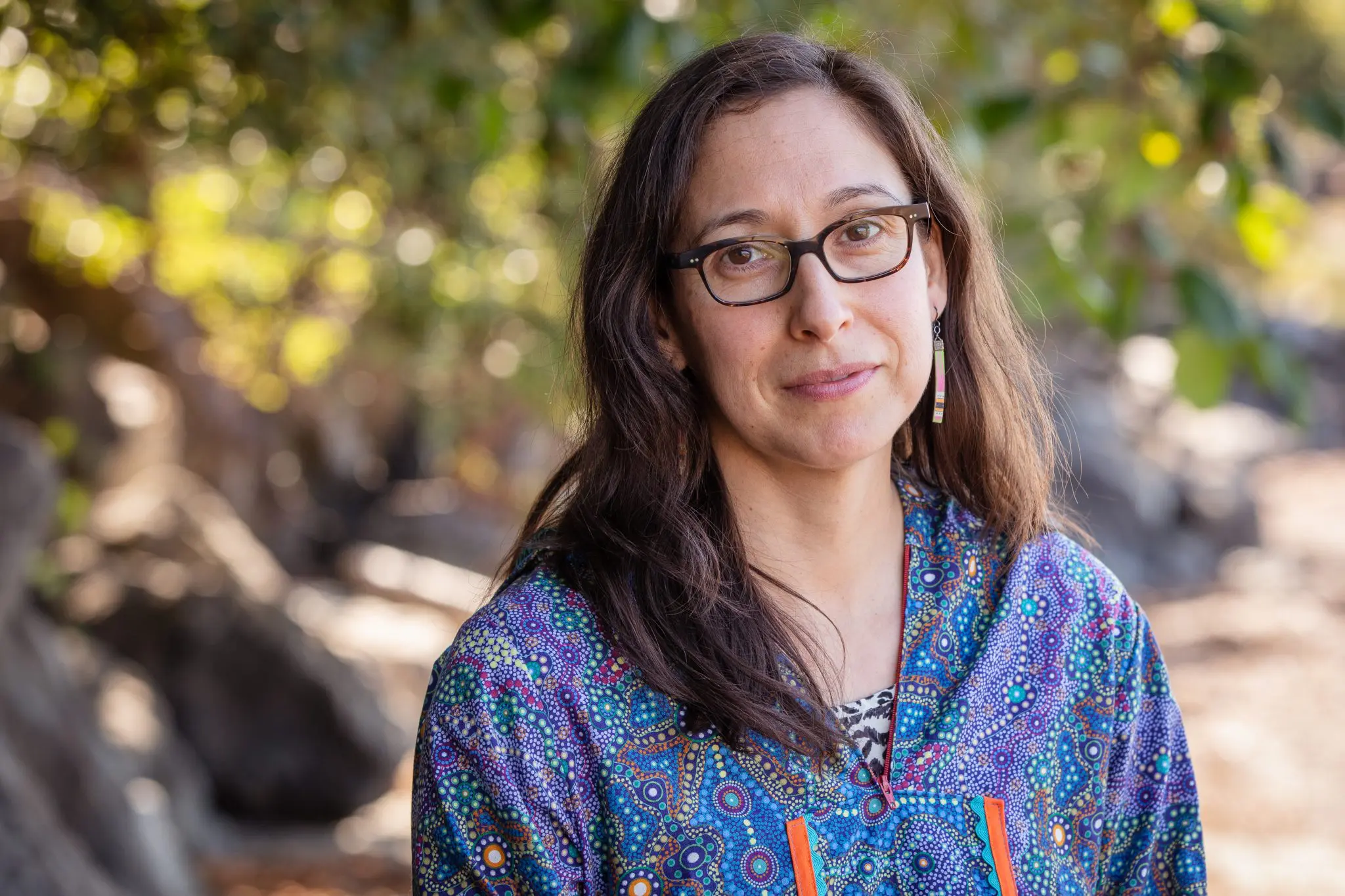An Alaska scientist will fill the last vacancy at a key US Arctic research agency
Nikoosh Carlo, a Koyukon Athabascan from Fairbanks, has experience working on community-based climate solutions.

President Joe Biden has appointed an Indigenous scientist from Alaska to the seventh and final seat on the U.S. Arctic Research Commission.
Nikoosh Carlo, who holds a Ph.D. in neuroscience, was named on April 5 to the remaining academic/research seat on the commission, which was vacated when Maj. Gen. Randy “Church” Kee resigned in September to lead the new Ted Stevens Center for Arctic Security Studies.
Carlo is a consultant focused on community-based climate planning, and she was one of the principal investigators of the National Science Foundation’s “Navigating the New Arctic” initiative.
The appointment means the commission includes, the first time, four women and three Indigenous members.
The historic membership composition “sends the signal that the U.S. government would like the Arctic Research Commission to have a diversity of inputs into us, as a commission, setting the research priorities for the United States,” Mike Sfraga, chair of the commission, told ArcticToday.
“They understand that the Arctic is comprised of a number of important voices and perspectives that need to be included in creating these policy drivers related to research.”
[In a surprising shakeup, Biden ousts some Trump-appointed Arctic research commissioners]
Carlo, who is also a senior advisor for the Interagency Arctic Research and Policy Committee, where she led the development of the new five-year plan for federal Arctic research, will join a commission which has already begun work to set the federal agenda for Arctic research, a process that was previously delayed.
“She has a really good understanding of what drivers are changing the Arctic,” Sfraga said.
Most of the other commissioners were appointed in September, after an unprecedented shakeup ended the terms of several Trump-era appointees early.
The commission is required by Congress to submit a report every two years outlining key Arctic research issues for the U.S. government to pursue.
The most recent report was due in January 2021, but it was not submitted by the previous group of commissioners.
The new group has met five times since November to hammer out these research priorities. “We all have a shared sense of urgency,” Sfraga said.
The commissioners have selected five main issues: environmental hazards and risks, infrastructure, economics, health and well-being, and research cooperation. Cutting across all of these issues will be a focus on emerging and disruptive technologies.
Sfraga expects the new report to be released in a few months. Because of the delay, the following report should be released in 2024, he said. “We’ll just put this report back on a two-year cycle.”